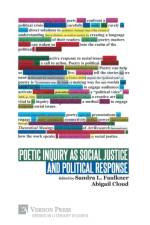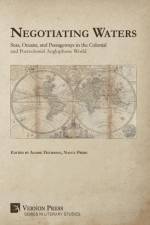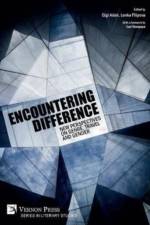av Angela Hooks
899
Meandering plots, dead ends, and repetition, diaries do not conform to literary expectations, yet they still manage to engage the reader, arouse empathy and elicit emotional responses that many may be more inclined to associate with works of fiction. Blurring the lines between literary genres, diary writing can be considered a quasi-literary genre that offers a unique insight into the lives of those we may have otherwise never discovered.This edited volume examines how diarists, poets, writers, musicians, and celebrities use their diary to reflect on multiculturalism and intercultural relations. Within this book, multiculturalism is defined as the sociocultural experiences of underrepresented groups who fall outside the mainstream of race, ethnicity, religion, gender, sexual orientation, disability, and language. Multiculturalism reflects different cultures and racial groups with equal rights and opportunities, equal attention and representation without assimilation. In America, the multicultural society includes various cultural and ethnic groups that do not necessarily have engaging interaction with each other whereas, importantly, intercultural is a community of cultures who learn from each other, and have respect and understand different cultures.Presented as a collection of academic essays and creative writing, The Diary as Literature Through the Lens of Multiculturalism in America analyses diary writing in its many forms from oral diaries and memoirs to letters and travel writing. Divided into three sections: Diaries of the American Civil War, Diaries of Trips and Letters of Diaspora, and Diaries of Family, Prison Lyrics, and a Memoir, the contributors bring a range of expertise to this quasi-literary genre including comparative and transatlantic literature, composition and rhetoric, history and women and gender studies.



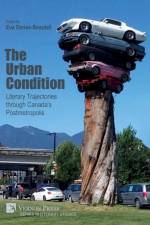



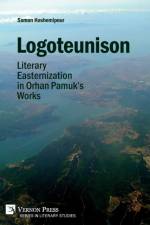

![Picturesque, The Sublime, The Beautiful: Visual Artistry in the Works of Charlotte Smith (1749-1806) [B&W] af Valerie Derbyshire](https://cdnbackdoor.tales.as/thumbnail/150x225/00109/74198/cover.1568492070.jpg)

